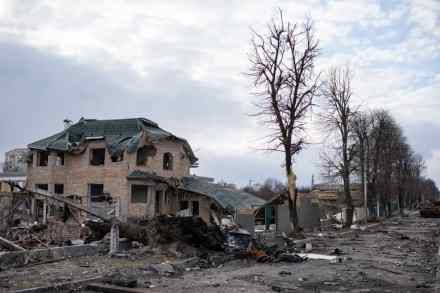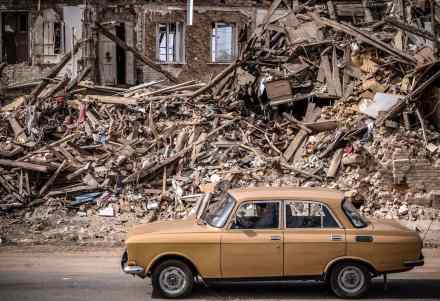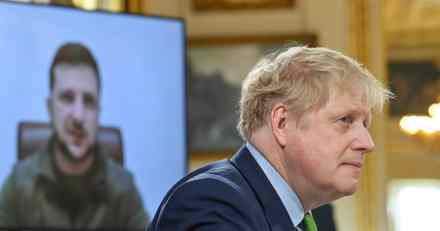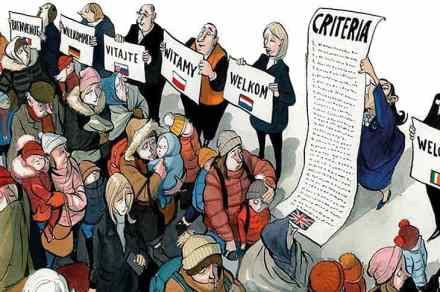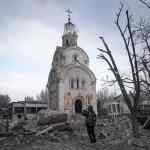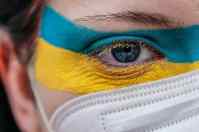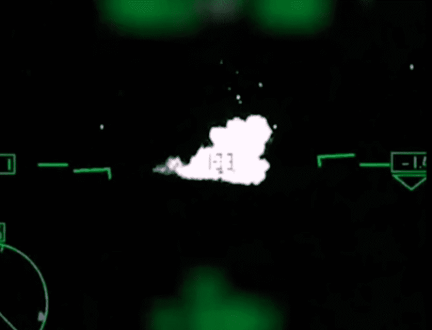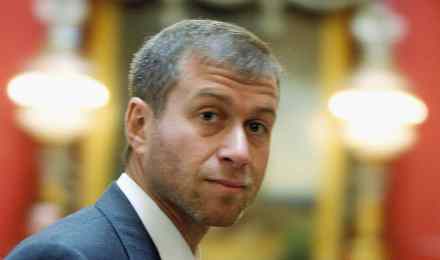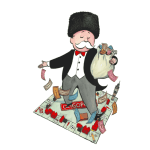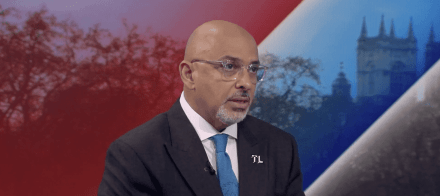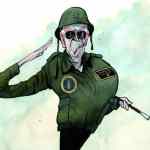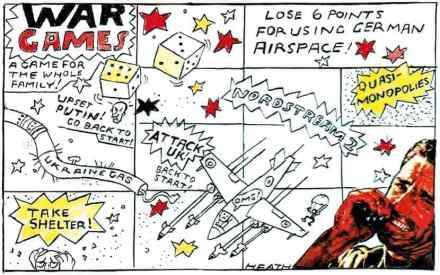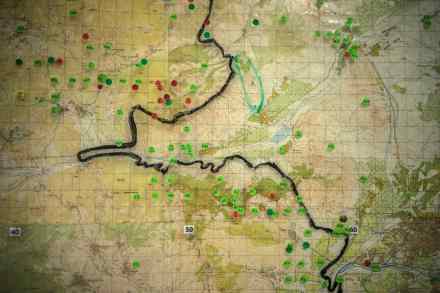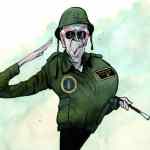Russia’s ‘denazification’ project is only just beginning
Truth, infamously, is the first casualty of war. But the truth, in modern Russia, was critically wounded before it got anywhere close to the staging grounds, let alone the battlefield. And still the disinformation project limps on. The most recent and blatant example of the Kremlin’s communications modus operandi is its instant write-off as ‘fake’ of photographs and video from Bucha, a quiet town outside Kyiv, now littered with civilian corpses and the broken machinery of war. Perhaps the invading troops left in a hurry, or perhaps Bucha was meant as some kind of warning, but the perpetrators didn’t care to clear up their handiwork. Reporters have now recorded and
